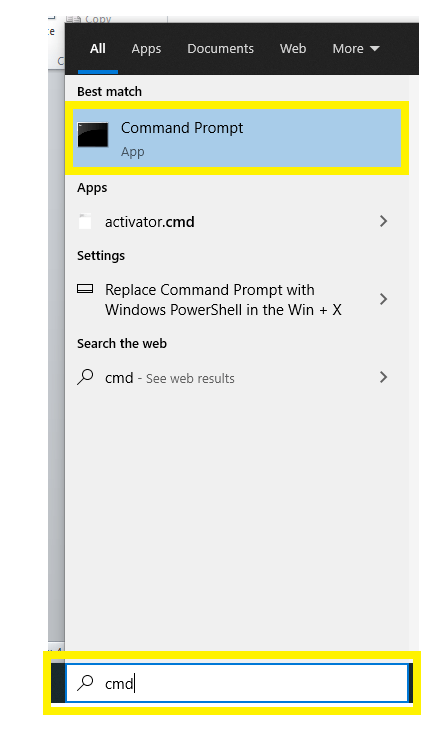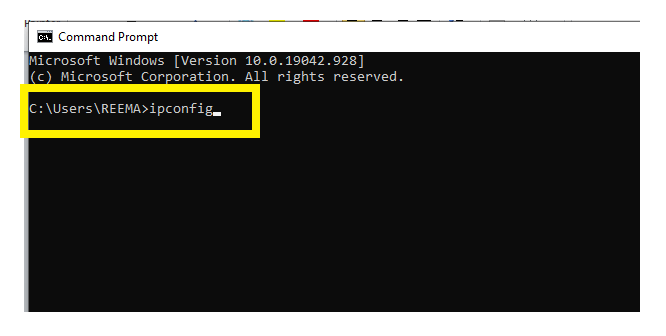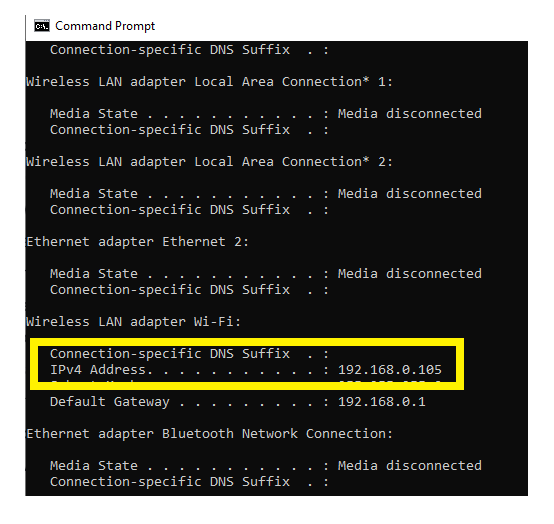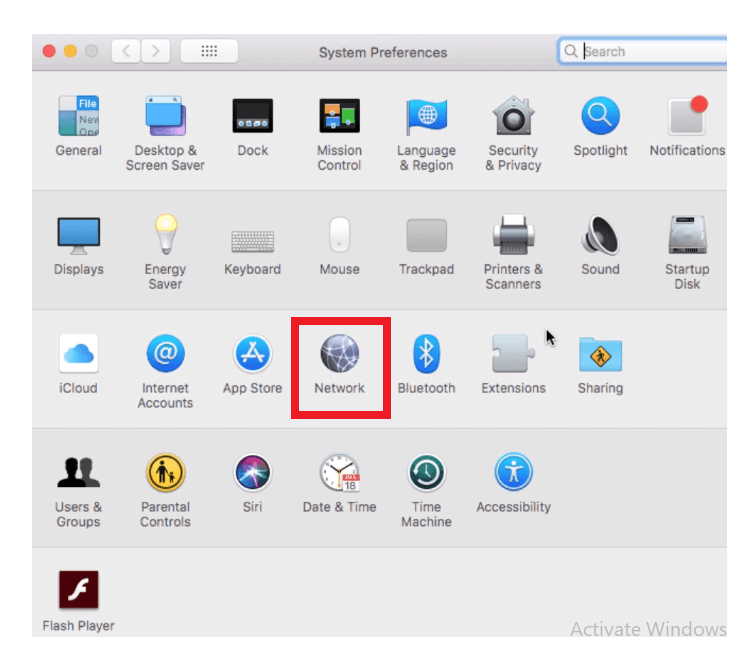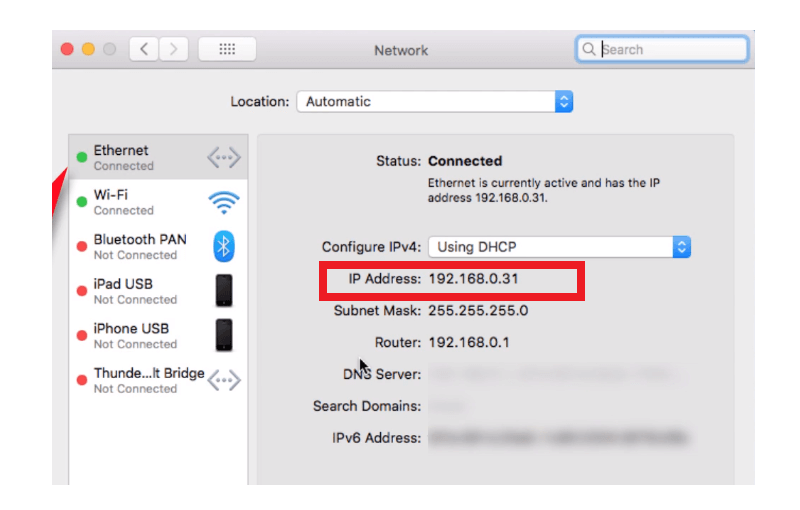IP address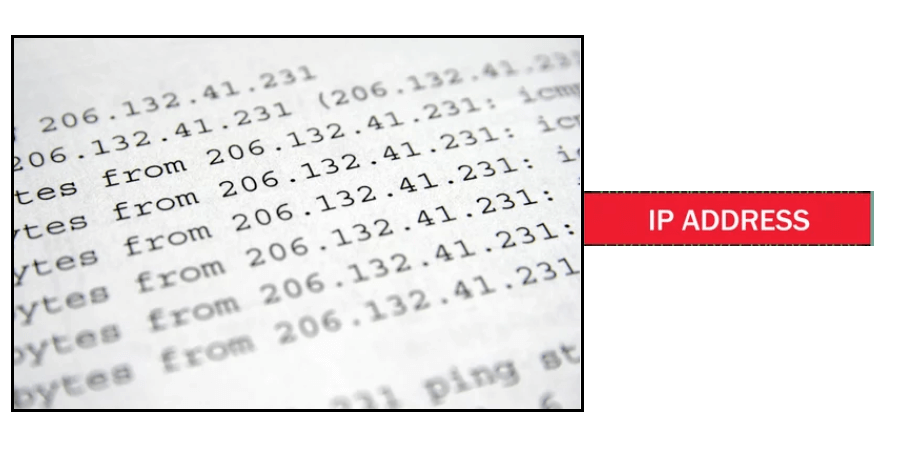
An IP address represents a unique address that distinguishes any device on the internet or any network from another. IP or Internet Protocol defines the set of commands directing the setup of data transferred through the internet or any other local network. An IP address is the identifier that enables your device to send or receive data packets across the internet. It holds information related to your location and therefore making devices available for two-way communication. The internet requires a process to distinguish between different networks, routers, and websites. Therefore, IP addresses provide the mechanism of doing so, and it forms an indispensable part in the working of the internet. You will notice that most of the IP addresses are essentially numerical. Still, as the world is witnessing a colossal growth of network users, the network developers had to add letters and some addresses as internet usage grows. An IP address is represented by a series of numbers segregated by periods(.). They are expressed in the form of four pairs - an example address might be 255.255.255.255 wherein each set can range from 0 to 255. IP addresses are not produced randomly. They are generated mathematically and are further assigned by the IANA (Internet Assigned Numbers Authority), a department of the ICANN. ICANN stands for Internet Corporation for Assigned Names and Numbers. It is a non-profit corporation founded in the US back in 1998 with an aim to manage Internet security and enable it to be available by all. How do IP addresses work?Sometimes your device doesn't connect to your network the way you expect it to be, or you wish to troubleshoot why your network is not operating correctly. To answer the above questions, it is vital to learn the process with which IP addresses work. Internet Protocol or IP runs the same manner as other languages, i.e., applying the set guidelines to communicate the information. All devices obtain, send, and pass information with other associated devices with the help of this protocol only. By using the same language, the computers placed anywhere can communicate with one another. The process of IP address works in the following way:
Types of IP addressesThere are various classifications of IP addresses, and each category further contains some types. Consumer IP addressesEvery individual or firm with an active internet service system pursues two types of IP addresses, i.e., Private IP (Internet Protocol) addresses and public IP (Internet Protocol) addresses. The public and private correlate to the network area. Therefore, a private IP address is practiced inside a network, whereas the other (public IP address) is practiced outside a network. 1. Private IP addresses All the devices that are linked with your internet network are allocated a private IP address. It holds computers, desktops, laptops, smartphones, tablets, or even Wi-Fi-enabled gadgets such as speakers, printers, or smart Televisions. With the expansion of IoT (internet of things), the demand for private IP addresses at individual homes is also seemingly growing. However, the router requires a method to identify these things distinctly. Therefore, your router produces unique private IP addresses that act as an identifier for every device using your internet network. Thus, differentiating them from one another on the network. 2. Public IP addresses A public IP address or primary address represents the whole network of devices associated with it. Every device included within with your primary address contains their own private IP address. ISP is responsible to provide your public IP address to your router. Typically, ISPs contains the bulk stock of IP addresses that they dispense to their clients. Your public IP address is practiced by every device to identify your network that is residing outside your internet network. Public IP addresses are further classified into two categories- dynamic and static.
Types of website IP addressesThe following classification is segregated into the two types of website IP addresses i.e., shared and dedicated. 1. Shared IP addresses Many startups or individual website makers or various SME websites who don't want to invest initially in dedicated IP addresses can opt for shared hosting plans. Various web hosting providers are there in the market providing shared hosting services where two or more websites are hosted on the same server. Shared hosting is only feasible for websites that receive average traffic, the volumes are manageable, and the websites themselves are confined in terms of the webpages, etc. 2. Dedicated IP addresses Web hosting providers also provide the option to acquire a dedicated IP address. Undoubtedly dedicated IP addresses are more secure, and they permit the users to run their File Transfer Protocol (FTP) server. Therefore, it is easier to share and transfer data with many people within a business, and it also provides the option of anonymous FTP sharing. Another advantage of a dedicated IP addresses it the user can easily access the website using the IP address rather than typing the full domain name. How to search for IP addressesThe easiest method to find the public IP address of your router is to type "What is my IP address?" on Google.com. Google will immediately display the results on the screen. There are some third-party websites available on the internet that also provides the same information. Those websites can access your public IP address because your router has requested to access their information by visiting their website. Below are the steps to find your private IP address in two commonly used platforms: In Windows:
On a Mac:
IP address security threatsCybercriminals or digital crackers various ways to hack your IP address. The two commonly used techniques include social engineering and online stalking. Social engineeringHackers can practice social engineering techniques to trick you into disclosing your device's IP address. For example, they will connect you through email, Skype, or a similar instantaneous messaging app, that accepts IP addresses to communicate and pass information. If you chat with these anonymous people using these messaging applications, it is essential to note that they can get your IP address. Cybercriminals can use a third-party tool named Skype Resolver, with the help of which they can locate your IP address using your username. Online stalkingAttackers can get crack your IP address by simply tracking your online activities. Any online activity can disclose your IP address, i.e., from using an instant messaging app to playing online games to discussing a topic on any digital websites and forums. Once they gain access to your IP address, criminals can visit an IP address tracking website (whatismyipaddress.com), they will enter your IP address there, and in no seconds, they can track your current location. They won't stop till this; they can further cross-check it with other available information to verify whether the IP address is connected with you particularly. Social networking sites such as instagram, LinkedIn, facebook are used to verify the information of your location gathered by the attacker. |
 For Videos Join Our Youtube Channel: Join Now
For Videos Join Our Youtube Channel: Join Now
Feedback
- Send your Feedback to [email protected]
Help Others, Please Share





